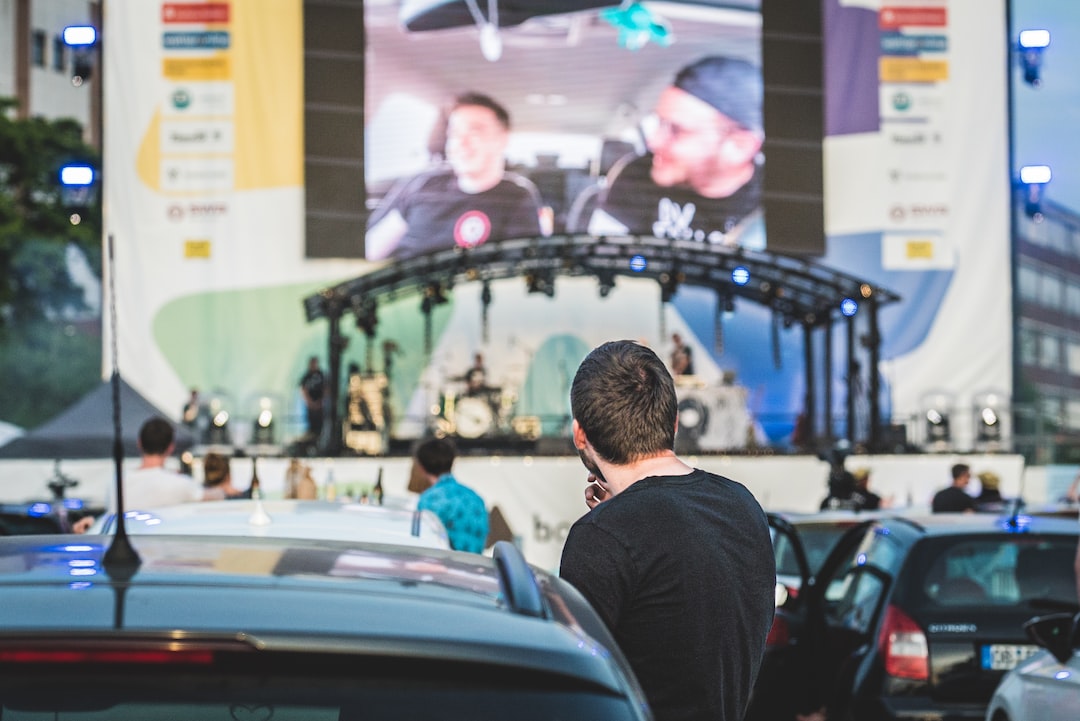The Future of Virtual Reality in Entertainment
Virtual reality (VR) has come a long way since its inception, and its future in the entertainment industry looks incredibly promising. From gaming to movies, VR has the potential to revolutionize the way we experience and interact with entertainment, taking us to places we could only dream of. In this blog post, we will explore the exciting possibilities and advancements that lie ahead for virtual reality in entertainment.
First and foremost, gaming is set to be one of the main beneficiaries of virtual reality technology. With an estimated 2.7 billion gamers worldwide, the demand for immersive gaming experiences is at an all-time high. VR allows players to be completely immersed in a virtual world, enhancing the gaming experience to new heights. From fighting off monsters in a mythical land to exploring the depths of the ocean, VR gaming offers unparalleled levels of immersion and interactivity.
One of the key advancements we can expect in the future of VR gaming is increased realism. With the development of more advanced haptic feedback systems, players will feel physical sensations in response to their in-game actions. Imagine feeling the recoil of a weapon as you fire, or the impact of a punch as you throw it in a virtual world. This level of realism not only enhances immersion but also adds a whole new layer of excitement and intensity to gaming.
Moreover, the social aspect of gaming will also be drastically transformed by virtual reality. With multiplayer VR games, friends from across the world can come together and interact in a shared virtual space, making the experience even more engaging. This blurring of the boundaries between virtual and real-life interactions will redefine how we play and connect with others, bringing us closer together in a digital realm.
Moving beyond gaming, virtual reality has the potential to revolutionize the film and television industry as well. VR movies and experiences allow viewers to step into the story and become active participants rather than passive spectators. This shift in perspective enhances the emotional connection to the story and characters, making it a truly immersive and unforgettable experience.
Imagine sitting in a virtual theater and being transported into the world of your favorite movie, where you can explore the surroundings and even interact with the characters. With advancements in VR technology, we can expect filmmakers to create breathtaking experiences that truly blur the line between fantasy and reality. From being in the middle of an epic battle to exploring the exotic landscapes of a distant planet, virtual reality will transport us like never before.
In addition to gaming and movies, VR is set to transform other areas of entertainment as well. Live events such as concerts and sports matches can be broadcasted in virtual reality, allowing people from all around the world to experience the event as if they were there in person. This opens up new possibilities for artists and performers to reach a global audience and connect with fans on a whole new level.
Furthermore, VR can also revolutionize education and training in the entertainment industry. From acting to music production, virtual reality offers a safe and immersive environment for individuals to learn and hone their skills. Actors can rehearse their performances in a virtual setting, while musicians can practice playing instruments in a virtual studio. The possibilities are endless, and VR can potentially democratize access to education and training in the entertainment industry.
In conclusion, virtual reality is poised to revolutionize the entertainment industry in countless ways. From gaming to movies, VR offers unparalleled levels of immersion and interactivity, taking us on unforgettable adventures and allowing us to step into our favorite stories. With advancements in technology and increasing adoption, the future of virtual reality in entertainment is bright and exciting. The only limit is our imagination.

